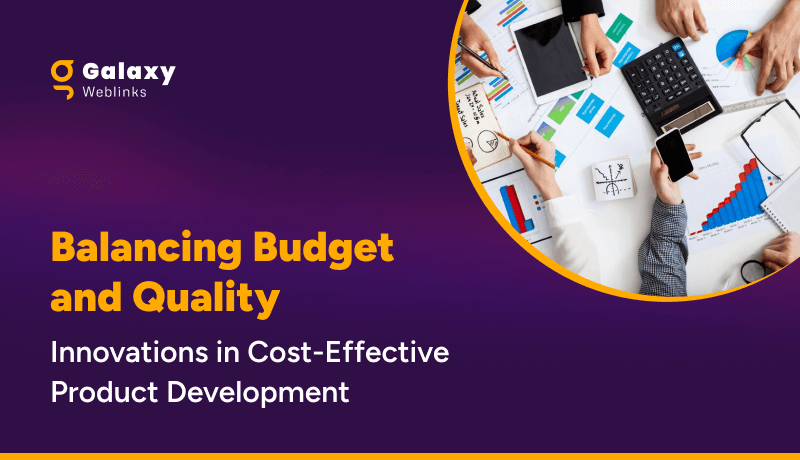OpenAI’s DevDay 2023, held at San Francisco’s SVN West venue, marked a significant moment in the field of artificial intelligence. The event began with a keynote by Sam Altman, who highlighted a series of groundbreaking innovations and significant announcements setting the tone for an extraordinary gathering of tech enthusiasts.
During the event, Sam Altman extended a warm welcome to Satya Nadella, CEO of Microsoft, who was present as a special guest. In his address, Nadella acknowledged the strong partnership between Microsoft and OpenAI in developing the ecosystem, with a notable impact on Microsoft’s Azure cloud platform. He passionately emphasized Microsoft’s commitment to ensuring equitable access to top-tier AI models, underscoring, “Our mission is to empower every individual.”
Here are some of the major takeaways from the DevDay:
Assistants API

The new API empowers developers to integrate “agent-like experiences” into their applications. With this tool, developers can craft assistants tailored to perform various tasks, like data analysis and coding, by utilizing generative AI models. This API is complemented by Code Interpreter, OpenAI’s proprietary tool designed to write and execute code seamlessly.
The new API allows developers to create smart assistants for tasks such as data analysis and coding, making their apps more powerful. OpenAI’s Code Interpreter also helps users write and run code with ease, simplifying the development process.
GPT-4 Turbo
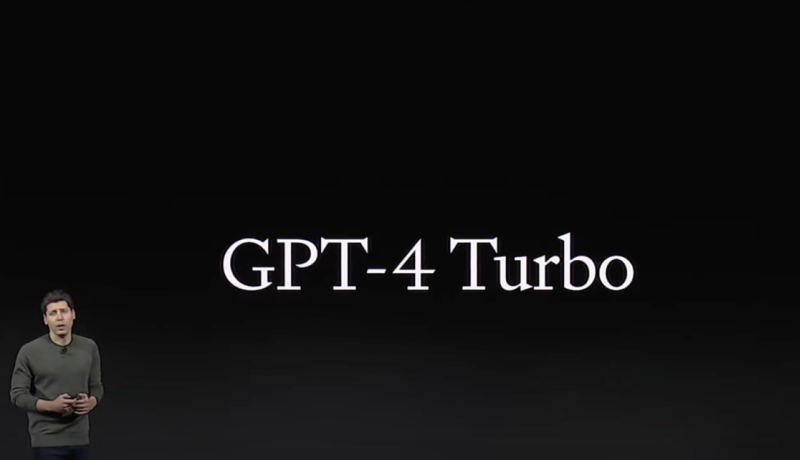
The latest GPT-4 Turbo introduces an impressive 128,000-token context window, surpassing Claude 2 by Anthropic, which has a 100,000-token limit. Notably, GPT-4 Turbo has the capability to incorporate images into its prompts and produce high-quality human-like speech as output. This advanced model is available in two versions: one exclusively for text analysis and another that comprehends both text and images.
With this new update, GPT-4 Turbo is like a super-smart assistant for developers and users. It can handle huge chunks of text and even understand images, making it a great help for tasks like content analysis and multimedia interactions.
Text-to-Speech Model
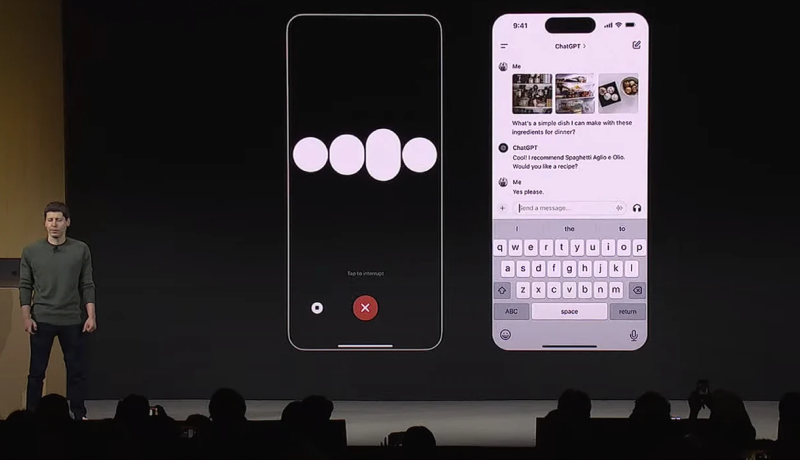
OpenAI introduced a new tool that can turn written text into lifelike speech. It comes with six different voices to choose from. This innovation has the potential to greatly improve interactions between humans and computers.
This announcement comes in as a huge help for users and developers because it enhances human-computer interactions, making them feel more natural. Before this, text-to-speech tech often sounded robotic, so this update bridges that gap for a smoother and friendlier experience.
DALL E 3 Integration
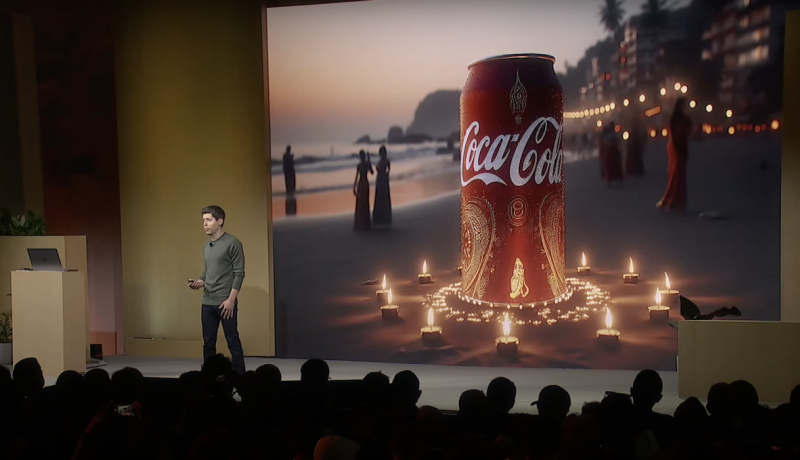
Developers can seamlessly integrate DALL·E 3 into their applications and products using OpenAI’s Images API. It’s as simple as specifying “DALL·E 3” as the chosen model. Noteworthy companies such as Snapchat, Coca-Cola, and Shutterstock have leveraged DALL·E 3’s potential to autonomously generate images and designs for their clientele and marketing campaigns.
With this new update, developers have a user-friendly way to access DALL·E 3 via OpenAI’s Images API, streamlining image and design creation. It simplifies tasks and accelerates content production, making life easier for writers, graphic designers and developers.
Custom Models Program
OpenAI launched the Custom Models program, which fosters collaboration between their researchers and businesses. This initiative is all about creating customized AI models that cater to specific needs. It’s a great way for organizations to leverage AI effectively.
OpenAI’s Custom Models program connects businesses with AI experts to create personalized AI solutions. Before this program, businesses faced challenges finding AI solutions tailored to their needs.
Improved Access
OpenAI recognized the need for better accessibility and efficiency. They’ve doubled the number of tokens their GPT-4 customers can use per minute. This simplifies the process of utilizing AI. Users also have the flexibility to request changes to rate limits and quotas directly through their API account settings.
Prior to this, users faced token limitations that hindered the effectiveness of AI applications, but now they have greater freedom to harness AI capabilities to their full potential.
Copyright Shield
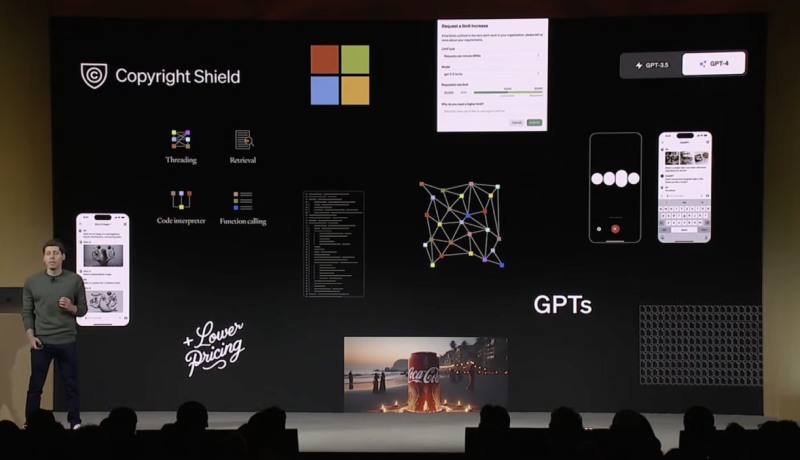
To protect their users, OpenAI introduced Copyright Shield. This means that if you get into any legal trouble due to copyright issues while using OpenAI’s services, they’ve got your back. This protection covers both ChatGPT Enterprise and the API.
This initiative fills a prior gap where users were potentially vulnerable to legal challenges related to copyright issues while utilizing OpenAI’s tools, ensuring peace of mind and safeguarding their interests.
Affordability
OpenAI has made advanced AI models more affordable. GPT-4 Turbo is now considerably cheaper than GPT-4. It offers a threefold reduction in pricing for prompt tokens and a twofold reduction for completion tokens. This move aims to make this powerful technology accessible to a wider range of users.
This update addresses the previous barrier of high costs, making advanced AI models more accessible and encouraging a broader user base to harness the capabilities of GPT-4 Turbo for various applications and innovations.
GPTs and GPT Store
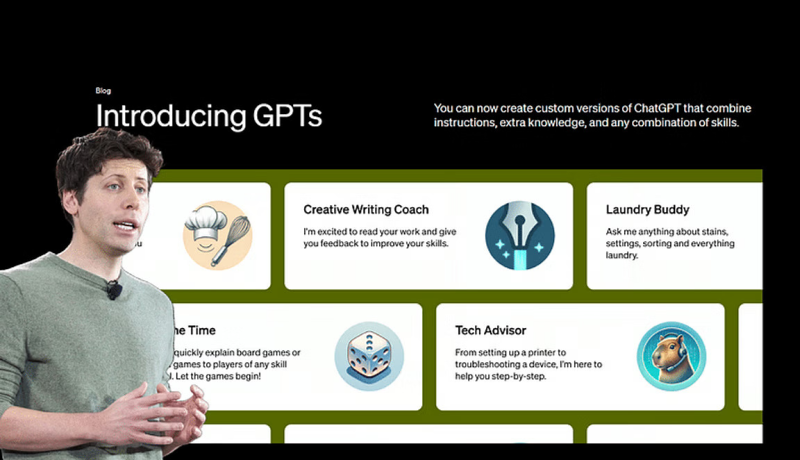
OpenAI introduced GPTs, which allow users to customize ChatGPT for specific purposes. This feature empowers the community to actively participate in AI development by creating tailored models with expanded knowledge and actions. OpenAI is also preparing to launch the GPT Store, a platform where users can list and discover these customized GPTs. This ensures that the best and most popular models are easily accessible to all.
This means now users can create AI models that fit their specific needs, making AI more accessible and tailored. Before this, there were limited options for tailoring AI, but now it’s easy to create and share customized models.
New interface for ChatGPT
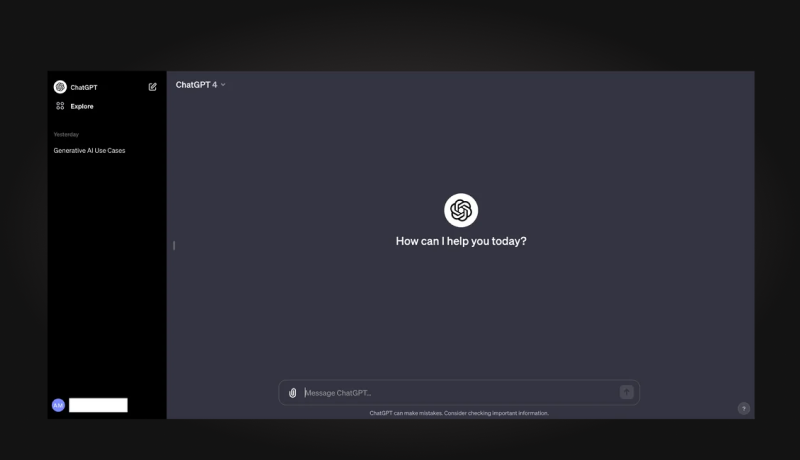
The fresh look for ChatGPT is clean and straightforward. It has a sleek dark background, with the OpenAI logo and the phrase “How can I help you today?” This updated interface is designed to make switching between ChatGPT and DALL-E 3 easy. Moreover, ChatGPT will now use GPT 4 Turbo.
OpenAI’s Vision and Collaborative Strength
Above listed are some of the major takeaways from DevDay 2023. OpenAI’s AI service updates reveal their vision for AI as an enabler. “We believe that AI is going to be a technological and societal revolution,” Altman said. “It will change the world in many ways, and we’re happy to get to work on something that will empower you to build so much for all of us.”
While OpenAI hasn’t achieved AGI (Artificial General Intelligence) yet, their chief Sam Altman expressed immense enthusiasm for their collaboration with Microsoft, expressing the strength of their partnership. In a similar tone, Microsoft’s Satya Nadella expressed his sentiments, highlighting their shared mission to empower individuals and organizations worldwide through genuinely transformative AI.

